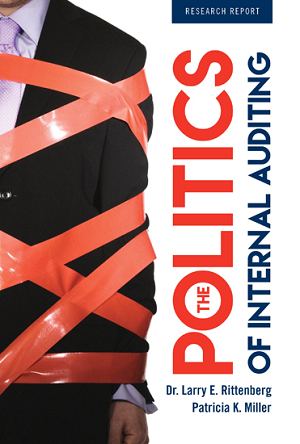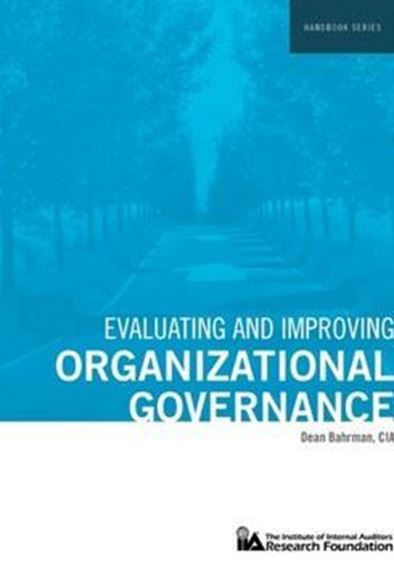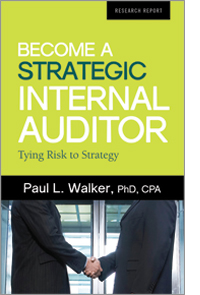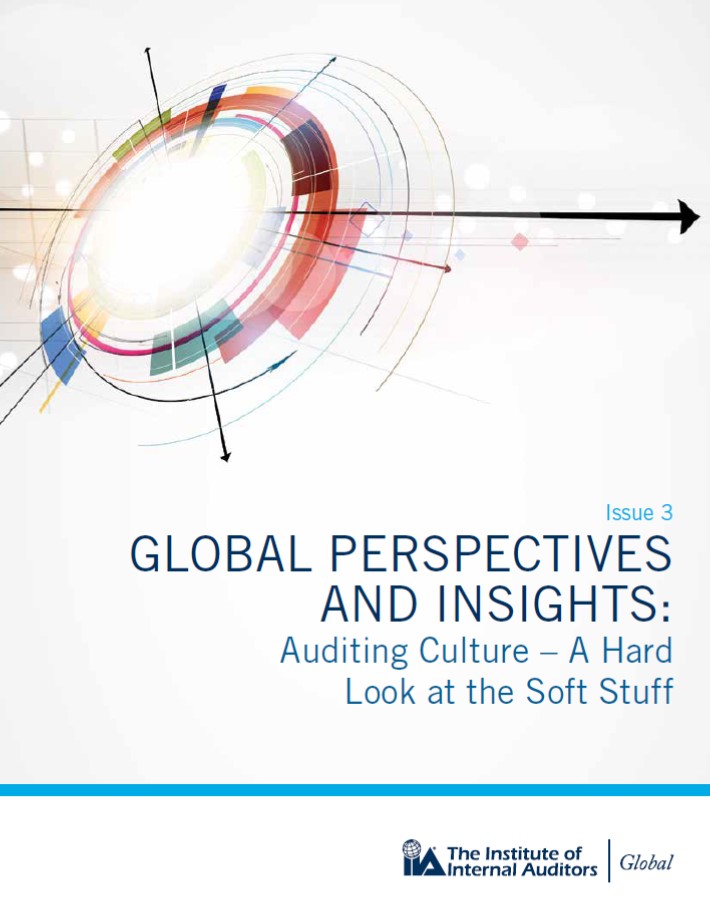Organizations are, by definition, political. They are composed of people who have different individual goals and objectives, different value systems, different approaches to accomplishing their objectives, and different motivating reward systems. When it comes to internal auditing and the reality that internal audit results may reflect badly on some individuals, the potential for political pressure on chief audit executives (CAEs) is great.
This research report addresses political pressure on CAEs and their internal audit departments. Surveying nearly 500 CAEs from various business sectors around the world, researchers Patty Miller and Larry Rittenberg share how effective CAEs work to mitigate political pressure and lessons learned that may help manage political pressure.
Some of the research findings reveal:
- Political pressure comes in many forms.
- Political pressure can be managed and partially mitigated, but it always exists.
- Professional competence is required, but it is not sufficient.
- Political pressure exists whether the CAE position is career-focused or rotational.
Due to the nature of organizations—and basic human nature to succeed and be respected—political pressure will undoubtedly always be a risk in any organization. This research points out some things that can be done to strengthen the culture, improve the governance structure, and build support for internal auditing.




